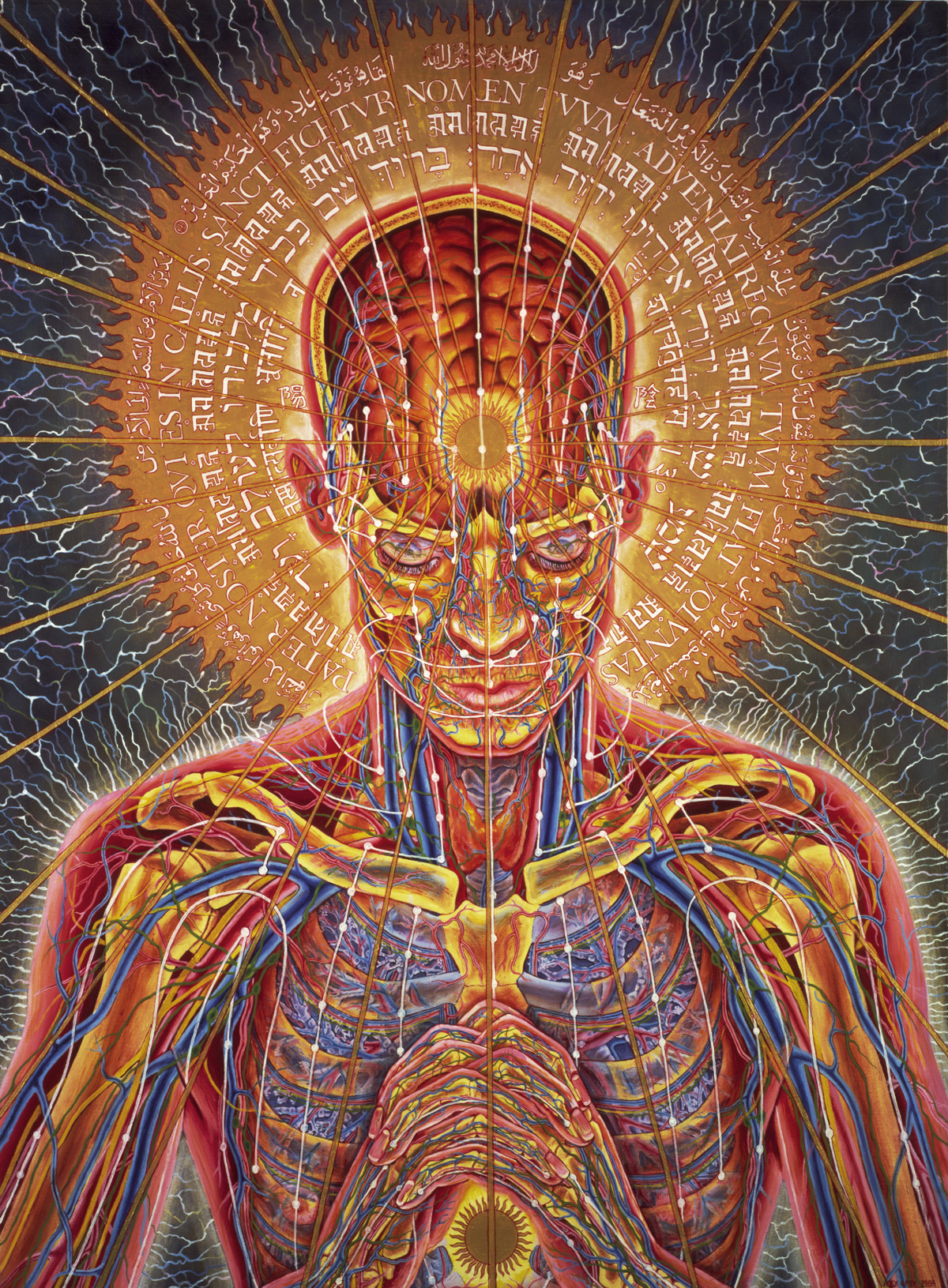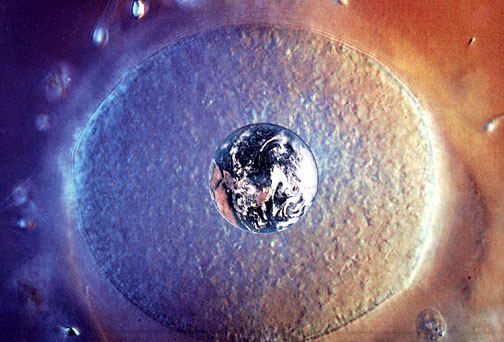One of the greatest confusions of our age is the conflation of scientific knowledge and truth. Indeed, scientific knowledge is now seen by most people as the only way to speak about truth at all. When something seems unarguable, that’s precisely when it needs to be argued.
 Someone locally wrote an irate letter in reaction to a recent column, declaring, “Truth is about science and data.” He had no idea what I was talking about when I said that scientific knowledge has nothing to do with the perception of truth.
Someone locally wrote an irate letter in reaction to a recent column, declaring, “Truth is about science and data.” He had no idea what I was talking about when I said that scientific knowledge has nothing to do with the perception of truth.
Scientific knowledge has become equated with truth much like religious belief was once was (and still is by many people) taken as truth. Science, as great a human enterprise as it is, is not the arbiter of truth.
To a philosopher, the phrase ‘my truth’ is like fingernails across a chalkboard. It should go without saying but needs to be repeated, if truth is personal and individual, there is no such thing as truth.
Even to speak of truth has become almost taboo. Relativism has become a nearly mandatory mindset. The existence of truth, even with a small ‘t,’ is ruled out, implicitly if not explicitly.
The question of truth turns on the relationship between the scientific mind and the religious mind. Science cannot supersede, much less replace the religious impulse. But can they be complementary?
People in America are falling into two camps. There are those who “cling to guns and religion,” to quote the infamous crack by Barack Obama before his election in 2008. And there are those who believe that science has the answers, and that science is the only endeavor in which we can put our trust.
To my mind, the choice between religious belief and scientific knowledge is an utterly false choice.
Clearly beliefs, which are really fixed opinions about the nature of God and man, are antithetical to uncovering and discovering the truth.
On the other hand, the truth about God and man is not to be found through science, much less in data or information. Even precise scientific knowledge is not truth. Scientific knowledge and truth are completely distinct things.
We cannot define truth, because to do so fixes it in the mind. Truth is something that flows from the direct perception of what is in the moment.
Scientific knowledge is one thing; opinion are beliefs are another; and insight and truth another.
In science, when a discovery is made and carefully checked, it becomes part of the body of scientific knowledge. In spiritual life, when a discovery is made and checked by logic and evidence, it does not become knowledge. One has to let it go, to be discovered anew in a process of deepening awareness and growth.
Therefore knowledge, even precise and accurate knowledge, is not the way of truth. Scientific discoveries and knowledge obviously have their place. But basically science not only provides powerful tools, it is a powerful tool.
Insight, truth, understanding and wisdom belong to different dimension, which is primary. Science is complementary when spiritual growth when science isn’t put first, but understanding and inner growth are. That is just the opposite of the way the vast majority of learned people are proceeding, futilely trying to fit the religious mind into the scientific mind.
Insight is synonymous with truth, as I understand both, since both are always of the present. Insight, like truth and unlike knowledge, has no accretion; it cannot be added to or subtracted from. It is now, or it not at all.
Scientific knowledge is necessarily and rightly a matter of the past discoveries being enlarged by present experimentation and discovery. There is accurate knowledge or inaccurate knowledge, but there is no such thing as accurate and inaccurate insight. An insight, though it has to be checked and held provisionally, is correct by definition of being insight.
There is no authority where the truth is concerned. Making science the authority and arbiter of truth is not much better than making organized religion the authority and arbiter of truth. If you believe otherwise, take a long hard look at Western civilization as it is.
The replicability of insights into the nature and movement of thought and consciousness, within oneself and with others, is essential, but the parallel with science ends there. Taking a scientific approach to self-knowing is one thing, placing self-knowing and insight within the context of science another.
Knowledge is neither the means nor the end. Truth is both the means and the end.
Rightly understood, science, as Einstein said, “not only purifies the religious impulse of the dross of anthropocentrism but also contributes to a religious spiritualization of our understanding of life.”
Martin LeFevre

